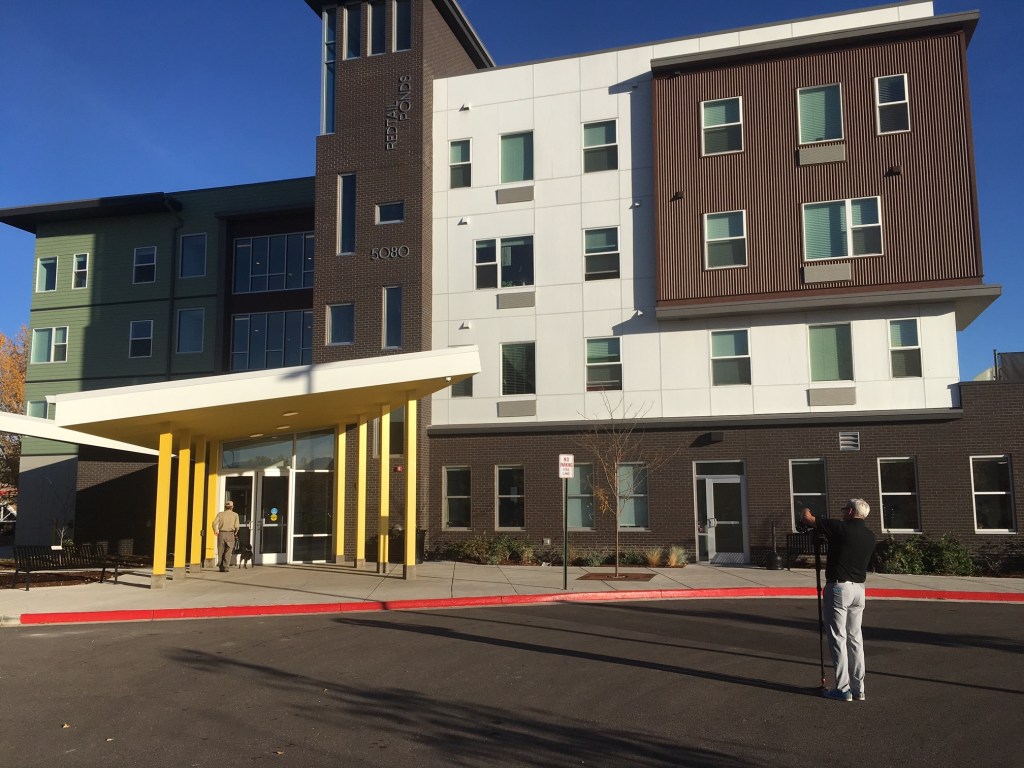Redtail Ponds
A Place to Call Home
The first thing you notice when you visit the Redtail Ponds housing community in Fort Collins is how many residents have dogs. There are big ones and small ones, bulldogs and collies, mutts and mixes. Residents of the community proudly walk their pets in and out of the building’s front door, into a brisk fall […]

